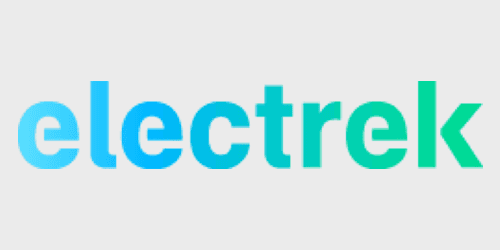
Yesterday the Maryland Public Service Commission approved a proposal from three Excelon-owned utilities in Maryland to deploy 850 charging stations on public-use land. The percentage of those that will be DC Fast Charge stations has not yet been determined.
The tariff schedule for these utility-owned chargers sets a Level 2 price at 18 cents/kWh, and 34 cents for DC Fast Charge. The 34 cent charge is more expensive than the 28 cents Tesla bills for its Superchargers, and 29 cents for DCFC charging at Royal Farms, a regional chain of gas stations in the Mid-Atlantic. Even though the utility stations will be paid for by a mix of ratepayer and other public funds, the Commission was receptive to advocacy that utility chargers should not undercut private network operators. For that reason, the tariff for the utility stations is not based on cost-recovery like your home utility bill. However, the Commission has authority to require this in the future.
The utilities will select a private vendor to operate their charging stations. When asked if the private operator could supplement the per-kWh tariff rate with an additional session fee, a spokesperson for the Commission said that such a charge would require an application from the utility to amend the tariff schedule.
Ensuring Reliability of Stations
Baltimore Gas & Electric, one of the three Excelon utilities, told the Carroll County Times that “BGE is being held to the same reliability standards as our electric distribution system, so they must be operational at all times.” A leading representative of EV drivers in the state testified before the Commission yesterday, urging them to detail reliability standards and expectations. The testimony cautioned that EV drivers in the state “experience a high number of failures” at stations paid for by Maryland taxpayers but operated by ChargePoint, and that ChargePoint’s claims of 100% up-time did not match the experiences of EV drivers.
Electrek’s Take
If the utilities were seeking to place these stations at private parking garages, hotels, etc., then the pricing compromise would make a bit more sense. But given that all 850 stations will be on public land, a cost-recovery tariff is more appropriate. Do cities have an obligation to ensure their parking meters don’t undercut private parking garages? Of course not. Furthermore, comparing 34 cents per kWh to $2.60 per gallon gasoline in Maryland, people without dedicated home charging will continue to conclude that it doesn’t make sense for them to buy an EV. States like Maryland have ambitious climate goals, and spend a lot towards those goals, so why are they sabotaging these goals at the last mile by handing lucrative tolls on public land to private enterprise?
FTC: We use income earning auto affiliate links. More.






Comments